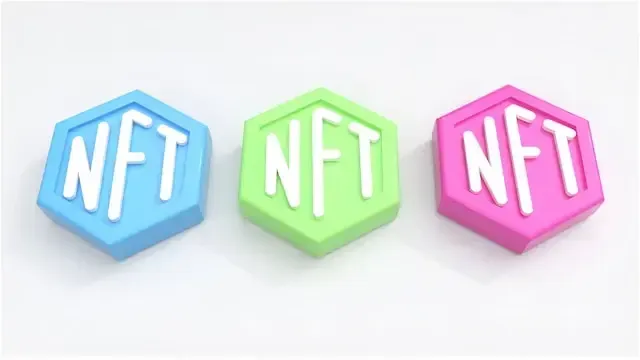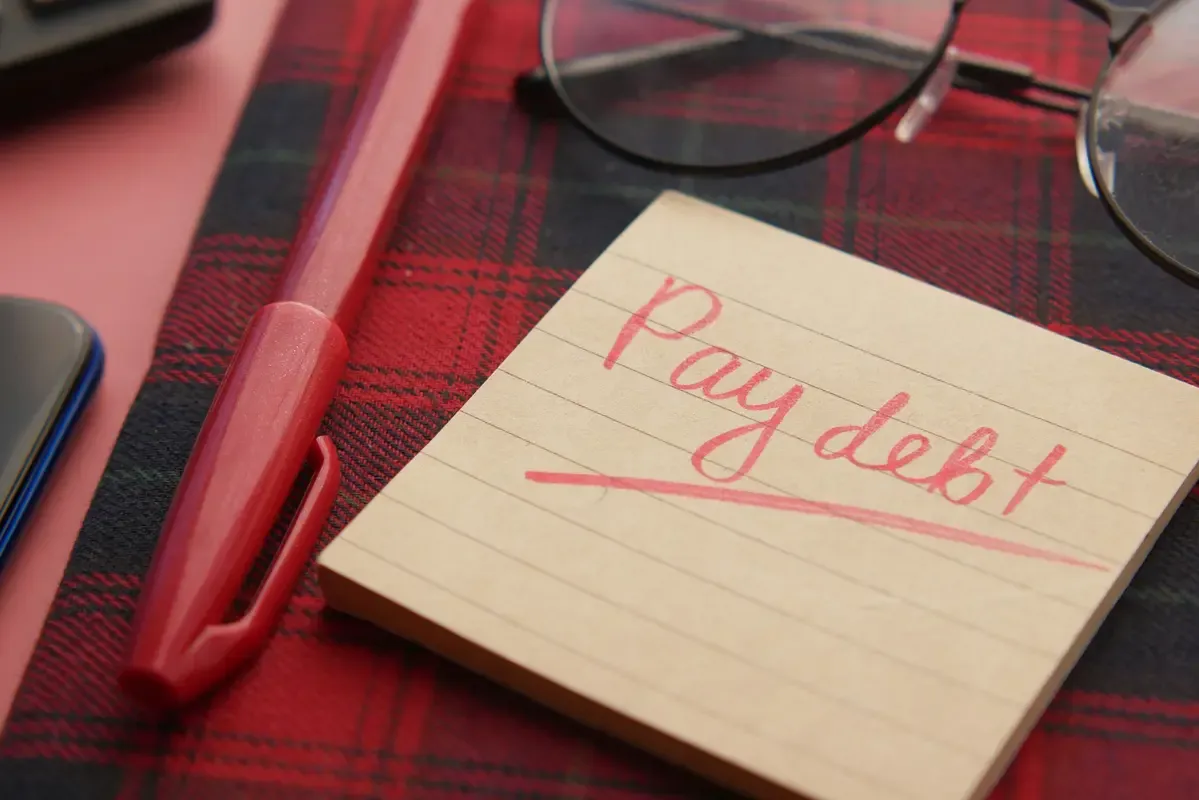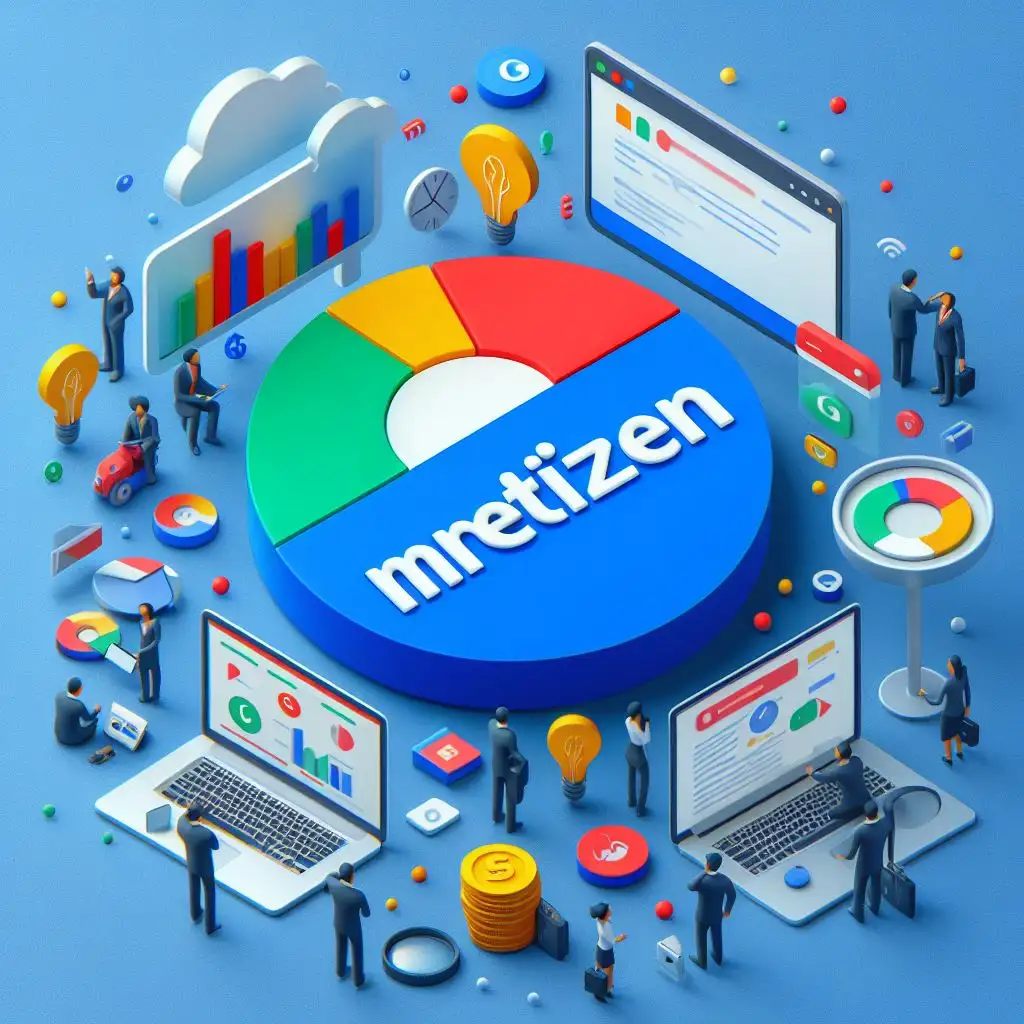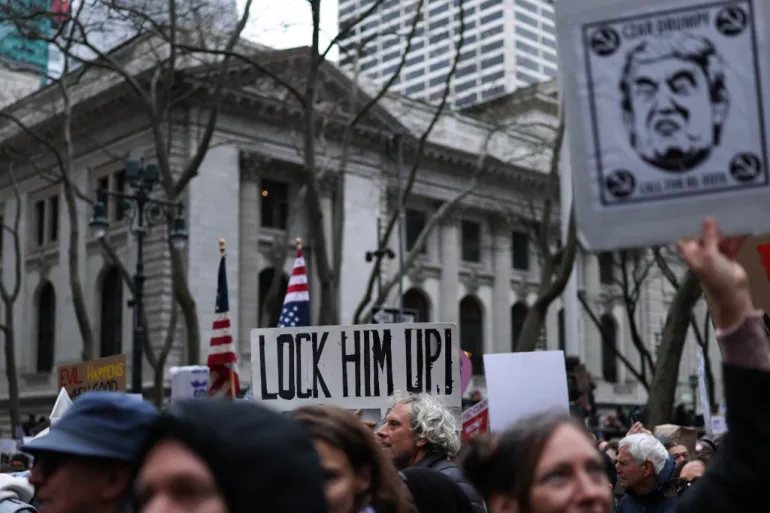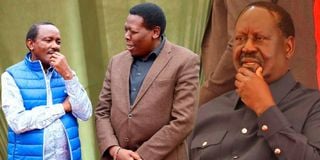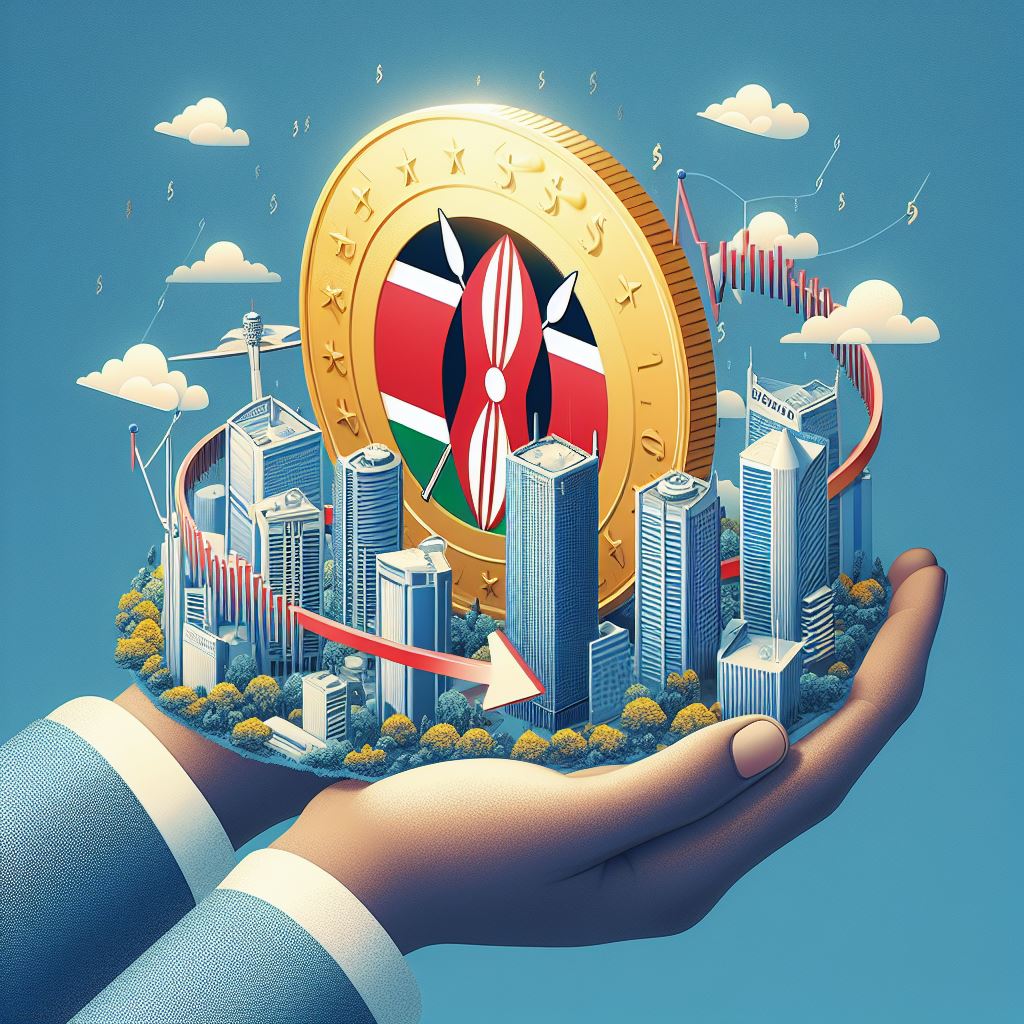Tracking your spending isn’t just about numbers; it’s about gaining control and making intentional choices that lead to financial freedom. Discover how this simple habit can reduce stress, reveal hidden expenses, and help you achieve your financial goals confidently and clearly.
Why Tracking Your Spending Is the Secret to Financial Freedom (And How to Start Today)
Let’s be honest—tracking your spending might seem like just another chore. But here’s the truth: it’s one of the most powerful money habits you can develop. Whether you're trying to get out of debt, save for a dream vacation, or build a solid emergency fund, the very first step is knowing exactly where your money is going.
Spending isn't just about dollars and cents—it's about control, clarity, and choosing the life you want to live. When you start keeping track of your expenses, you begin to make smarter decisions, stress less about money, and move closer to financial freedom.
In this guide, we’ll talk about why tracking your spending is so important, how it improves your finances and mindset, and the steps you can take today to make it a lifelong habit. If you want to build wealth, save more, and live with less money stress, this is where you start.
Introduction: The Power of Awareness
Tracking your expenses isn’t just about numbers—it’s about gaining control over your life. It’s how you eliminate waste, reduce stress, and begin to live with clarity and purpose. When you know where your money goes, you can:
-
Cut unnecessary spending
-
Create a practical budget
-
Set and achieve meaningful goals
-
Avoid debt and build wealth
-
Cultivate better financial habits
Let’s explore how spending awareness becomes your financial compass, helping you make smart, confident, and lasting decisions for yourself and your family.
1. Financial Literacy Begins With Awareness
You can’t manage what you don’t track. Without financial self-awareness, you're more likely to fall into common traps: uncontrolled spending, growing debt, and missed saving opportunities. Like any form of education, financial literacy begins by understanding your money behaviors.
“Tracking your expenses is the most powerful form of financial self-education. It gives you the map, the metrics, and the motivation.”
Spending trackers show you what’s happening in real time. You begin to understand how each choice—whether it’s daily coffee, random online shopping, or forgotten subscriptions—adds up. This knowledge is the first step toward becoming truly financially literate and responsible.
2. Why Awareness Is Critical for Financial Health
Think of expense tracking as turning on a light in a dark room. You see what was once hidden. You see patterns, inefficiencies, and emotional triggers that lead to impulsive spending. This awareness:
-
Reduces the chances of poor decisions
-
Helps align spending with values and priorities
-
Minimizes stress and confusion
-
Builds confidence in financial choices
Without awareness, you're flying blind. With awareness, you're steering with purpose.
3. Recognizing Spending Patterns and Trends
Here’s the thing—most of us have no idea where our money disappears to until we start actually tracking it. You might feel like you’re spending “pretty normally,” but once you start writing it down or using a budgeting app, the truth comes out fast. It’s like turning on the lights in a messy room—you suddenly see everything.
And wow, some of those patterns? They’ll surprise you.
What You’ll Probably Notice First
Once you start paying attention, you’ll spot a few repeat offenders:
-
Those tiny $5 or $10 purchases that don’t feel like much—until you realize you made 40 of them this month 😳
-
Impulse buys (yep, that late-night online cart didn’t empty itself)
-
Subscription overlaps (why are you paying for three streaming platforms when you only use one?)
-
Weekend spending spikes—because Saturday brunch and ride shares add up
-
Random shopping trips that weren’t even part of your plan
None of this makes you “bad with money”—it just means you’re human. These patterns tell a story about your habits, your mood, and what you value. And now you’re in the driver’s seat.
Food Delivery: Your Sneaky Budget Buster?
Let’s talk about food delivery. It’s way too convenient, right? A couple of taps, and boom—your favorite meal shows up at your door. But here’s the catch: that $25 dinner could’ve cost you $5 if you made it at home.
Now do that 10 times in a month… yeah, that’s $250–$400 just gone. In a year? You’re looking at over $3,000, easy. That’s a vacation, an emergency fund, or even a secondhand car.
💡 Tracking your expenses is the only way to see how much that convenience is really costing you.
Are Weekends Wrecking Your Budget?
Ever feel like your money disappears faster on the weekends? You’re not imagining things. With more free time comes more temptation:
-
Window shopping that turns into real shopping
-
Dining out because “you’ve earned it”
-
Random outings that weren’t in your budget
-
Fuel or ride-share costs that rack up with social plans
Try comparing your weekday vs. weekend spending. You’ll probably see a big difference—and once you know what’s up, you can start planning ahead instead of playing catch-up.
Subscriptions: The Silent Money Leaks
Let’s be real: subscriptions are sneaky. You sign up once for that free trial, and next thing you know you’ve been paying $10/month for something you don’t even use anymore.
Between Netflix, Spotify, Disney+, your gym membership, and random apps, those charges pile up—and you barely notice.
This is where expense tracking saves the day. It’ll help you:
-
Spot subscriptions you forgot about
-
Decide what’s really worth keeping
-
Pause or cancel stuff you’re not using
-
Merge or downgrade plans to save more
Even trimming just a few unused subscriptions can put an extra few hundred bucks in your pocket each year.
The Bottom Line?
Once you see your spending habits, you can start to control them instead of letting them control you. That’s the real power of tracking—clarity. No more guessing where your money went. You’ll know exactly what’s draining your wallet, and you’ll have the power to do something about it.
4. Small Cuts, Big Impact
Reducing “insignificant” expenses like daily lattes or unused streaming services might seem trivial—but they compound fast. Here’s what small changes can do:
-
Free up cash for emergency savings
-
Help you pay off debt faster
-
Allow investment in high-return areas
-
Offer breathing room in tight months
Even $5 a day saved is over $1,800 a year—enough for a vacation or a sizeable emergency fund. These cuts build momentum toward larger goals.
5. Turning Spending Data Into Financial Goals
Once you know where your money is going, you can set realistic, tailored goals:
-
Saving for a home
-
Paying off credit cards
-
Building a retirement fund
-
Starting a side hustle
With goals based on real numbers, you're more likely to stick to them. Tracking helps you prioritize what matters—whether that’s security, freedom, or flexibility.
“You can’t hit a target you can’t see. Tracking spending turns dreams into achievable goals.”
6. Accountability Builds Financial Discipline
When every dollar has a name, you think twice before spending it. Tracking creates daily accountability:
-
It makes waste visible
-
It encourages intentional decisions
-
It builds the habit of checking before spending
This leads to greater discipline, fewer regrets, and more control over your money.
7. Reduce Financial Stress and Anxiety
Few things cause as much stress as not knowing whether you can afford bills, emergencies, or basic needs. But when you track your spending:
-
You always know your financial standing
-
You avoid surprise overdrafts or missed payments
-
You sleep better, knowing you’re in control
Financial awareness = financial peace.
8. Proactive Planning for Future Expenses
Holiday shopping, back-to-school costs, car repairs—they're all predictable. With tracking:
-
You can budget months in advance
-
You avoid scrambling or using credit
-
You handle big expenses without financial disruption
“Tracking lets you plan for the predictable, so you don’t panic when it arrives.”
9. Save for Emergencies Before They Happen
An emergency fund isn’t just a good idea—it’s essential. By monitoring spending, you can:
-
See how much is left to save each month
-
Set and track emergency fund goals
-
Build a safety net that protects your future
Most financial experts recommend 3–6 months of living expenses. You get there faster with tracking.
10. Avoid Debt Through Real-Time Budgeting
One of the leading causes of debt is not knowing when to stop spending. When you track, you:
-
See budget limits in real-time
-
Avoid overdrafts and unnecessary borrowing
-
Spot debt traps before they happen
Tracking protects your income and gives you the confidence to say no.
11. Develop Better Money Habits
When you make tracking part of your daily or weekly routine, it becomes a habit—just like brushing your teeth or checking your email. Over time, this habit leads to:
-
Consistent budgeting
-
Regular savings
-
Conscious spending
-
Better decision making
Discipline becomes second nature, and your financial health improves year after year.
12. Leverage Tools and Apps to Make It Easier
Gone are the days of spreadsheets (unless you love them). Today, apps and digital tools make expense tracking simple:
-
Mint, YNAB, PocketGuard, Spendee, and others auto-sync with bank accounts
-
Get instant category breakdowns
-
Set spending alerts
-
Track goals and trends over time
Find the tool that fits your lifestyle and stick with it. The best app is the one you’ll actually use.
13. Avoid Lifestyle Inflation
Earning more doesn’t always mean saving more—unless you control your spending. Lifestyle inflation (aka “lifestyle creep”) happens when spending increases as income does.
Tracking helps you:
-
Stay grounded even after a raise
-
Resist unnecessary upgrades
-
Keep your wealth growing with your income, not being consumed by it
14. Align Spending With Your Values
When you analyze your transactions, you get to ask the big question:
"Does this spending reflect what’s most important to me?"
Maybe you value family, but your money says you prioritize gadgets. Tracking helps you:
-
Adjust spending to match your values
-
Invest in what matters most
-
Create a life that feels intentional and aligned
15. Strengthen Relationships Through Financial Transparency
Money is one of the leading causes of stress in relationships. Shared expense tracking can:
-
Foster honesty and trust
-
Help set shared financial goals
-
Prevent misunderstandings
-
Build teamwork in budgeting
When couples track together, they grow together—financially and emotionally.
16. Build Confidence in Financial Decisions
When you're in control of your money, you're in control of your life. Tracking helps you:
-
Make informed decisions
-
Feel confident about big purchases or investments
-
Face financial conversations without fear
-
Set a strong example for others, including your children
“The more you track, the more you know. The more you know, the more confident and successful you become.”
Conclusion: A Small Habit With Massive Impact
Tracking your spending might seem simple—but its impact is profound.
It’s the foundation of:
✅ Financial literacy
✅ Peace of mind
✅ Goal achievement
✅ Debt prevention
✅ Wealth creation
Whether you're just starting your journey or looking to take your finances to the next level, this one habit can change everything.
So, grab a notebook, open a spreadsheet, or download an app. Start today. Stay consistent. Watch your money—and your life—transform.



